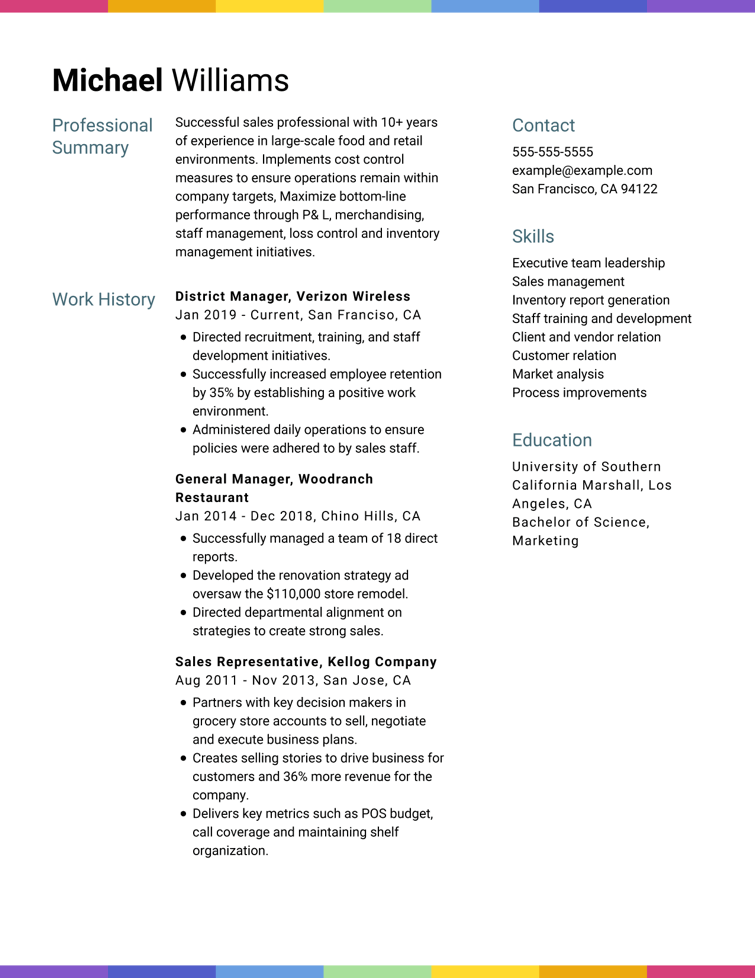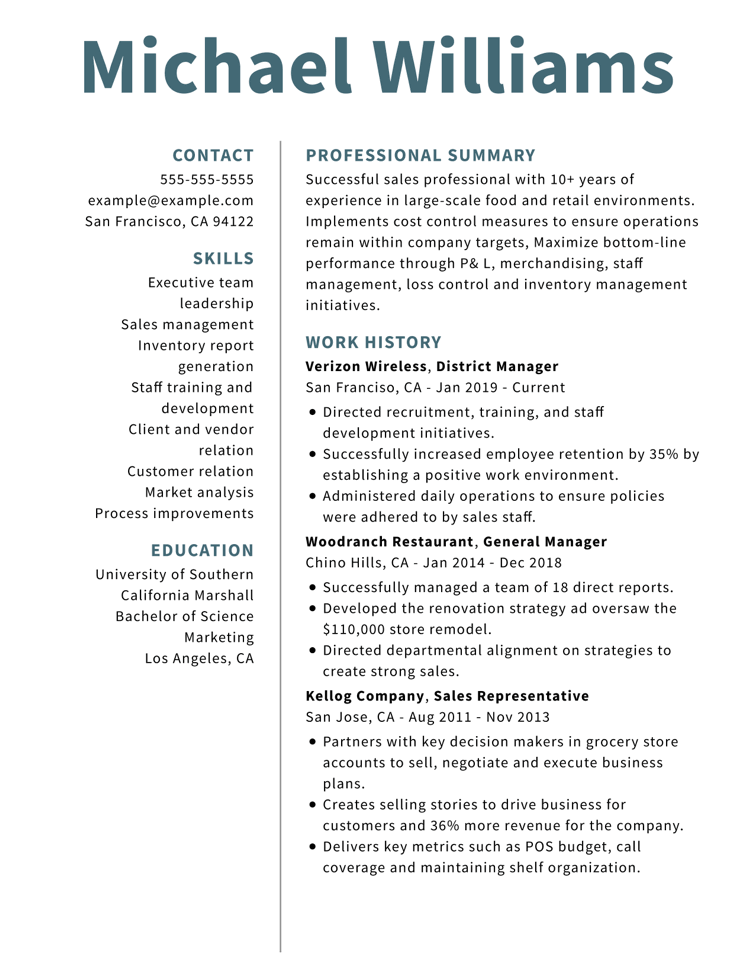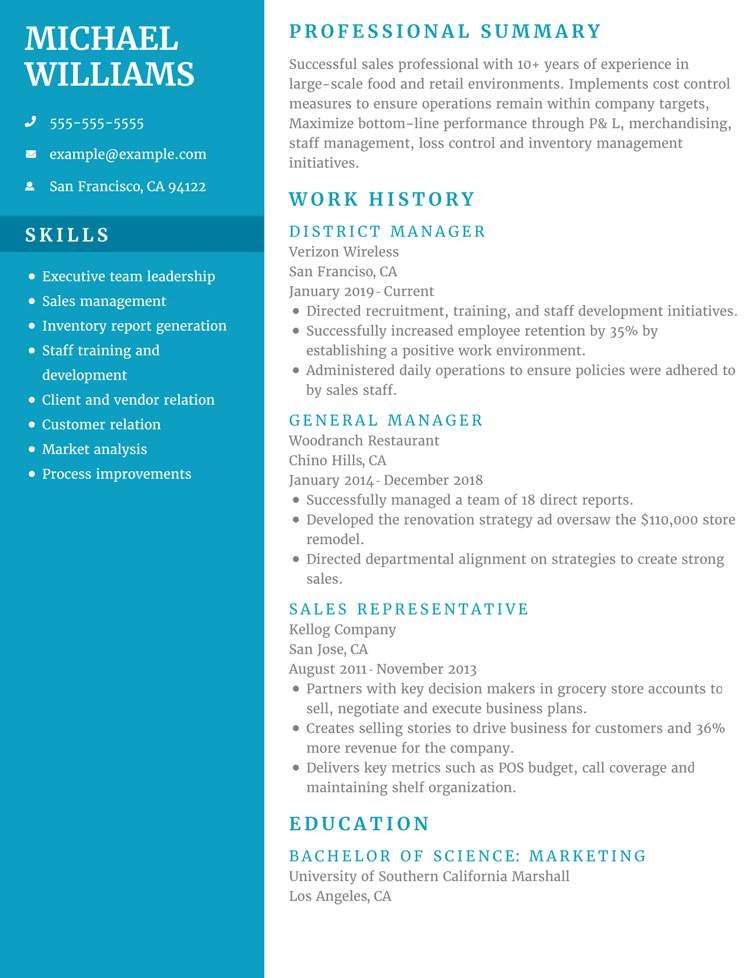How to Write a Great Chemistry CV
Looking to land a job as a chemist? Use industry-specific tips and templates to perfect your chemistry CV and secure your dream job in this exciting field!
Looking to land a job as a chemist? Use industry-specific tips and templates to perfect your chemistry CV and secure your dream job in this exciting field!





OUR USERS HAVE BEEN HIRED BY



The chemistry field is extremely competitive. With the number of applicants far outweighing the number of jobs available, your CV takes on extra importance. And as the first thing the hiring manager sees, it’s vital your CV spotlights your best attributes and encourages them to offer you an interview.
This guide will show you:
Your chemistry CV should underline your specific area of expertise in the chemistry field. Depending on the role you’re applying to, you’ll want to feature any relevant experience with process chemistry, organic synthesis, chemical analysis, equipment calibration, and other related laboratory procedures.
The structure of your chemistry CV will vary depending on your chosen CV format. You have three options:
The chronological format is the preferred CV format of most hiring managers. It’s also the format we use in the chemist CV example below.
Add your contact information to the page header at the top of your CV. This includes your:
Present this information clearly so that the recruiter can easily reach out to you should they wish to progress your application.
Some hard skills you might consider include:
And here are some soft skills:
Aim for a mix of soft and hard skills, with slightly more weighting on role-specific chemistry skills.
Use these CV writing tips to impress potential employers.
Do:
Don’t:
Always tweak your CV for each new role you apply to. Ensure that your professional summary (or career objective) section fits the role and organisation you’re applying to. The skills section should also feature specific skills listed in the job description, and your work history section should highlight responsibilities and accomplishments that play into the job’s needs.
If you lack professional experience, you can still use the chemist CV sample above as a template. Focus on any laboratory experience as a volunteer or intern. You can also place greater emphasis on your career objective, education and skills sections.
Always tweak your CV for each new role you apply to. Ensure that your CV summary (or CV objective) section fits the role and organization you’re applying to. The skills section should also feature specific skills listed in the job description, and your work history section should highlight responsibilities and accomplishments that play into what the job needs.
We personalize your experience.
We use cookies in our website to ensure we give you the best experience, get to know our users and deliver better marketing. For this purpose, we may share the information collected with third parties. By clicking “Allow cookies” you give us your consent to use all cookies. If you prefer to manage your cookies click on the “Manage cookies” link below.